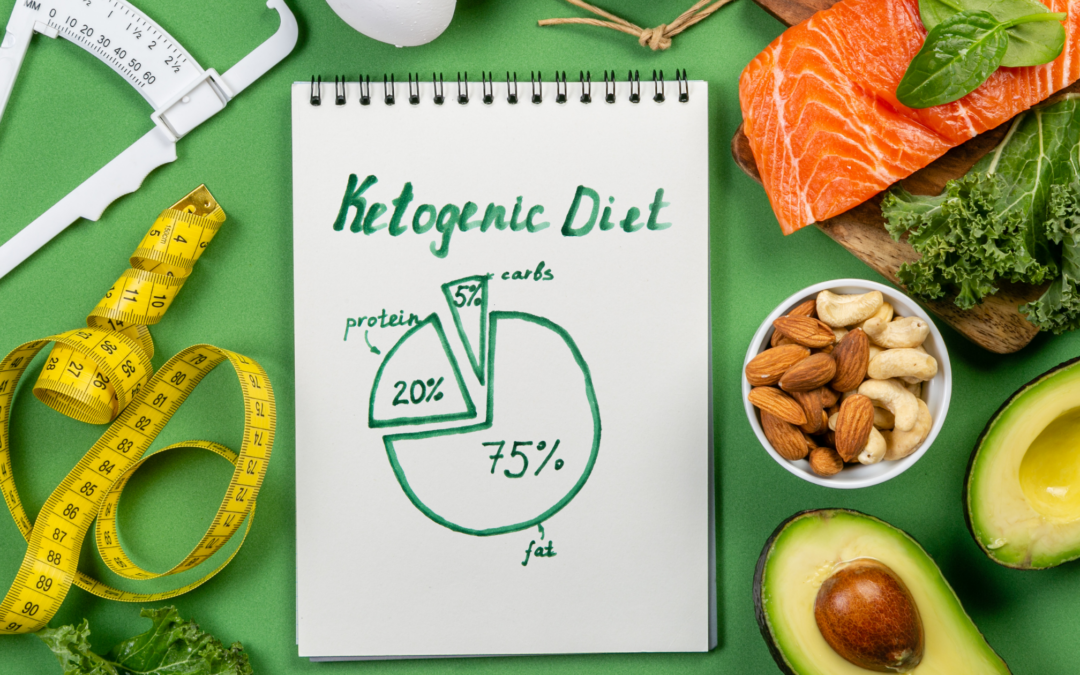What is the Keto Diet?
Keto (or ketogenic) diets consist of high fat and low carb meals. Instead of eating carbs like soda, sugar, and pastries and load up on more protein and fat. For example, from Healthline “for 2,000 calories a day, each meal might have 165 g fat, 40 g carbs, and 75 g proteins.”
The idea is that if you eat less than 50 grams of carbs a day, your body will run out of blood sugar to use. This can happen 3 to 4 days after starting keto. When you run out of blood sugar, you’ll start to break down all the fat and protein for energy. This is where weight loss can happen and what is called ketosis.
People who utilize the keto diet are usually people who want to lose weight, but there has been research exploring how it could help manage medical conditions. This includes heart disease, epilepsy, and other diseases.
Is Keto Safe for Pregnant Women?
Although the keto diet sounds easy, it’s actually difficult to achieve or even know when you’ve reached ketosis. Also due to the fact that you have to maintain low carbs, cutting out some fruits and vegetables is included in that. However, when you’re pregnant you need to make sure you get all the vitamins and nutrients for you and your baby.
Sure you could take supplements, but the best way to get nutrients is through food. While on keto you may get low on:
- Vitamin B-12 (Good for your baby’s nerves and spinal cord)
- Vitamin D (Good for your baby’s bones and teeth)
- Vitamin E (Good for your baby’s blood and muscles)
Secondly, since protein and fat are a major part of keto dieting, you can run the risk of eating too much saturated fat. If you eat too much saturated fat it can lead to higher cholesterol. Also, keto requires a lot of meat, some of which include processed and unhealthy meat that pregnant women should avoid eating.
Finally, keto is really meant for the short-term and not for long-term dieting. In fact, some people can even get side effects that are called the “keto flu”, which side effects include: nausea, fatigue, dizziness, headaches, and more. There’s also not enough research about its effects on pregnancy for it to be a healthy diet option for pregnant women.
If you are pregnant or trying to become pregnant and have questions about dieting, you can reach out to us anytime. To give us a call or set up an appointment contact us at any of our three locations.
